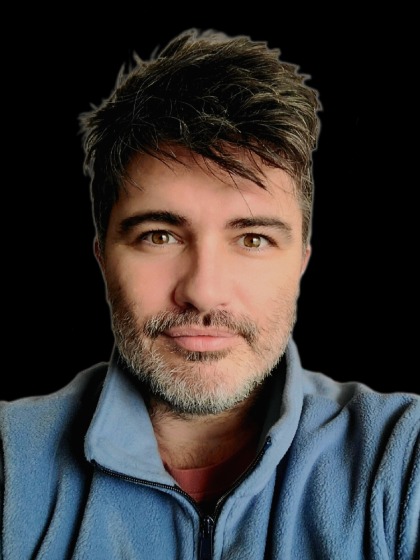J.L. (Josh) Prada, Dr

I'm a critical applied linguist committed to supporting multilingual communities in education and in society. My agenda focuses on designing, implementing and testing pathways for migrant, transnational and minoritised youths and their families to successfully navigate institutions by (1) understanding what it is to be multilingual in contexts governed by monolingual mindsets, (2) proposing pathways for sustainable, just change, and by (3) connecting previously unconnected dots between applied language studies and other fields, like psychology, anthropology, and cognition. My work has been funded by over $3.5 million and connects me to a network of international colleagues invested in advancing social justice in education and beyond. My current partnerships link me to the United States, Germany, China, Brazil, Australia, Spain, the United Kingdom and South Africa. I've published widely in the fields of heritage/minority and bilingual language education, translanguaging, and sociolinguistics.
Much of my research-practice has focused on improving the conditions with which multilingual youths are received in mainstream schools, university departments and other public institutions (hospitals and clinics). To that end, I have partnered with hundreds of teachers, school administrators, and organisational leaders seeking to implement asset-based, and culturally-sustaining practices and policies in the workplace. This line of work is characterised by its translatability, and data-driven curricular and policy proposals.
My second strand of work is more empirically motivated and focuses on meaning- and sense-making in multilingual and multicultural environments. I'm particularly interested in how multilingualism, cultural diversity and non-normative identities shape the life experiences of peripheral(-ised) communities, and in the sociolinguistic properties of these linguo-cultures.
Finally, I'm interested in the interfaces between language, the body, and space. This strand of work draws upon complex dynamic systems theory, extended cognition, and spatial anthropology, among others, to understand how meaning in space interacts with our biological endowment across timescales.
